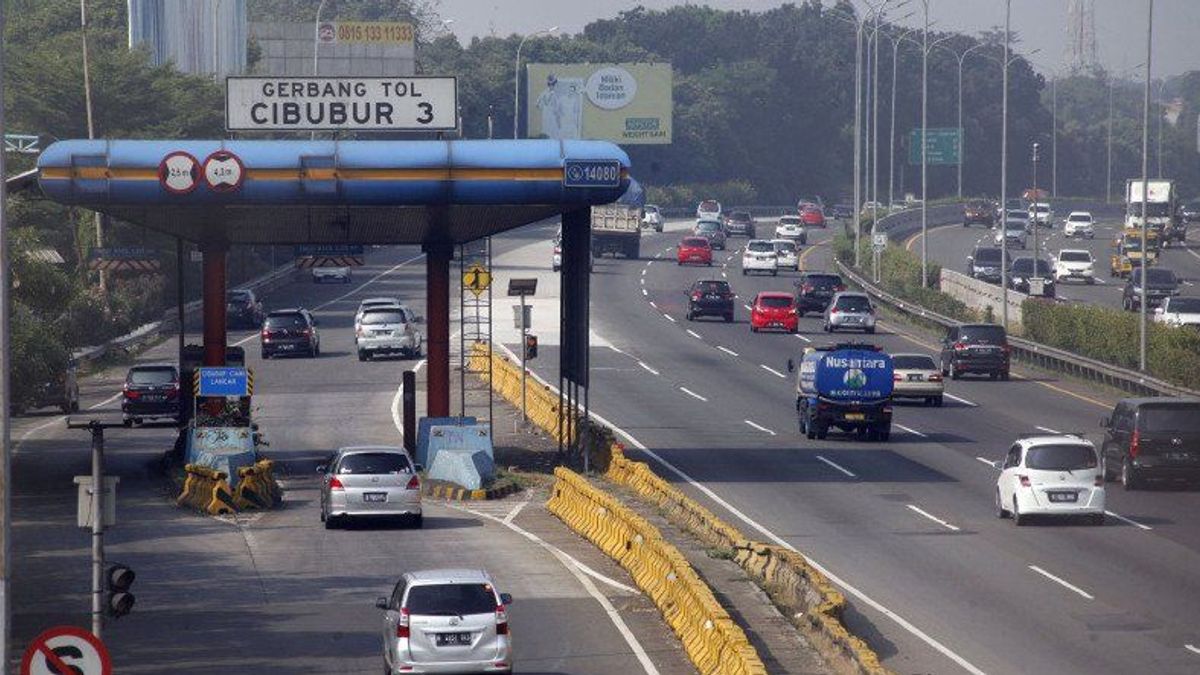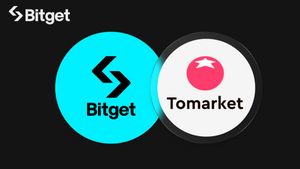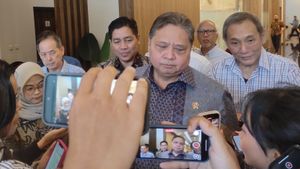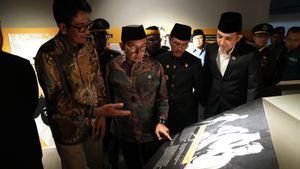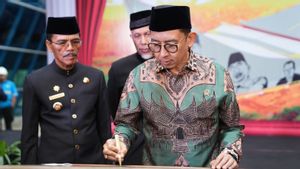JAKARTA - The Ministry of Transportation through the Jabodetabek Transportation Management Agency or BPTJ recommends that the trial of contactless cashless transactions or Multi Lane Free Flow (MLFF) on toll roads is not applied to private vehicles.
"Regarding the trial, we might try it out for certain vehicles, for example applied to buses first, we will see what kind of user behavior is with the new technology," said BPTJ Traffic Director Sigit Irfansyah as quoted by Antara, Friday, May 20.
Sigit said the trial of the implementation of the MLFF system on the toll road to the non-private vehicle class first, due to the very large population of private vehicles.
"Perhaps it is easier to use (vehicle groups) with a smaller population, so that we can evaluate gradually," he said.
The BPTJ Traffic Director supports the implementation of the MLFF transaction system on toll roads, because this system wants to benefit toll road users.
"MLFF's goal is to benefit toll road users," he said.
However, Sigit also suggested that the possible risk of non-buying customers or consumers not paying due to the absence of toll gates, can be considered and anticipated together by all stakeholders.
"If I look at experiences in several places, implementing MLFF with different schemes such as using portals or gentry so that the risk of toll users not paying can be prevented. Now the MLFF technology being developed on Indonesian toll roads is without a toll gate or gentry," he said.
"Thus there must be trust or trust from toll road users," added Sigit.
Previously, the Ministry of Public Works and Public Housing or PUPR through the Toll Road Regulatory Agency (BPJT) targeted non-cash and contactless transactions on toll roads or known as services using the Multi Lane Free Flow (MLFF) system to be implemented in stages on several toll roads by the end of the year. this.
The MLFF transaction technology, which will be implemented on toll roads in Indonesia, will enable motorists as toll road users to no longer need to stop at toll gates, let alone queue up for tapping electronic money cards when making payments.
For information, later the devices that are planned to be used in MLFF contactless transactions are the Electronic On-Board Unit or known as E-OBU, and the Electronic Route Ticket device where users can choose entry and exit points according to single-use travel routes.
Through the application of MLFF's contactless transactions, of course, it has enormous benefits because it can eliminate queue times to zero seconds. Previously, the use of electronic money (e-Toll) had also reduced the transaction time to a maximum of 5 seconds.
The English, Chinese, Japanese, Arabic, and French versions are automatically generated by the AI. So there may still be inaccuracies in translating, please always see Indonesian as our main language. (system supported by DigitalSiber.id)
